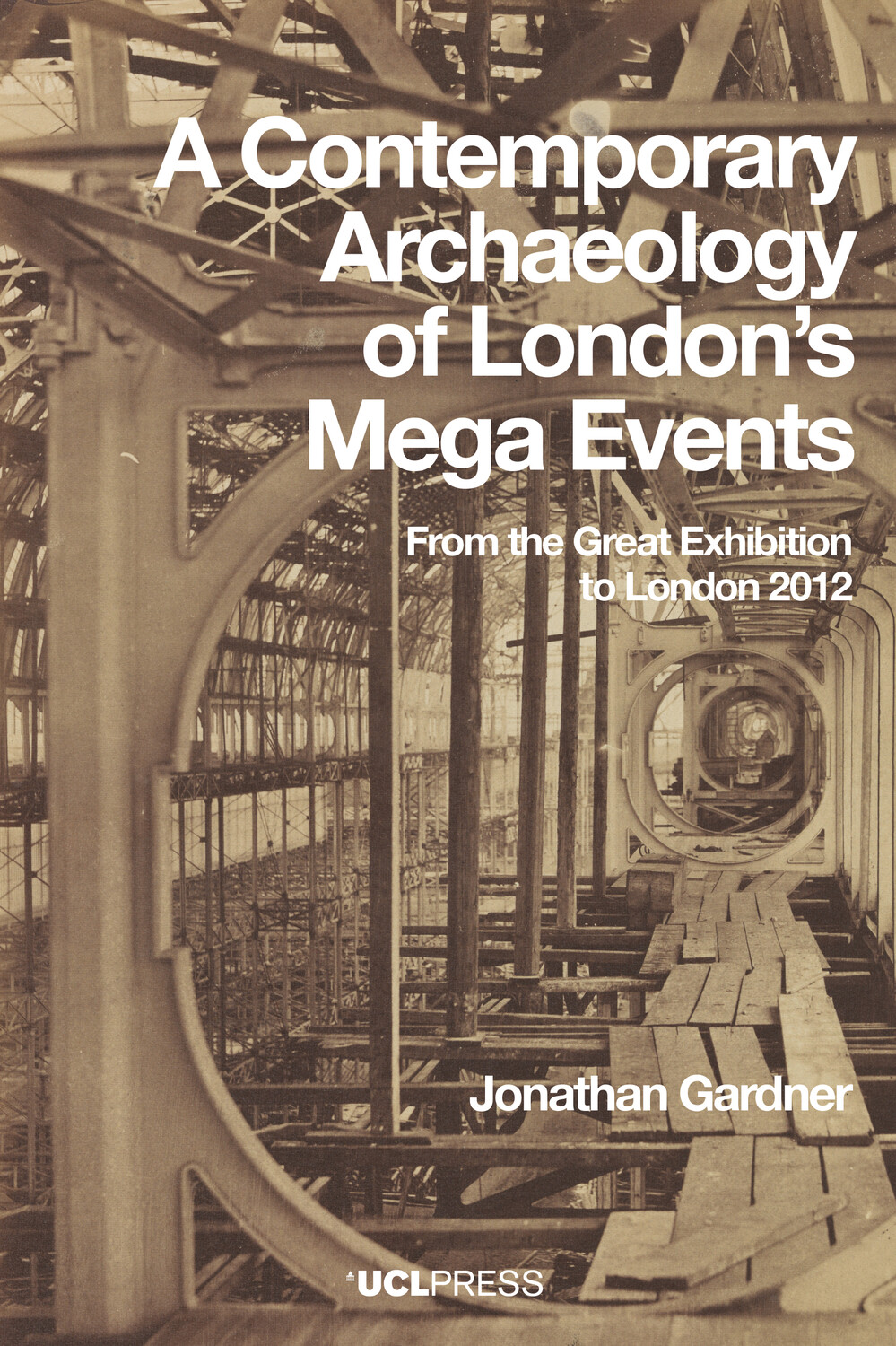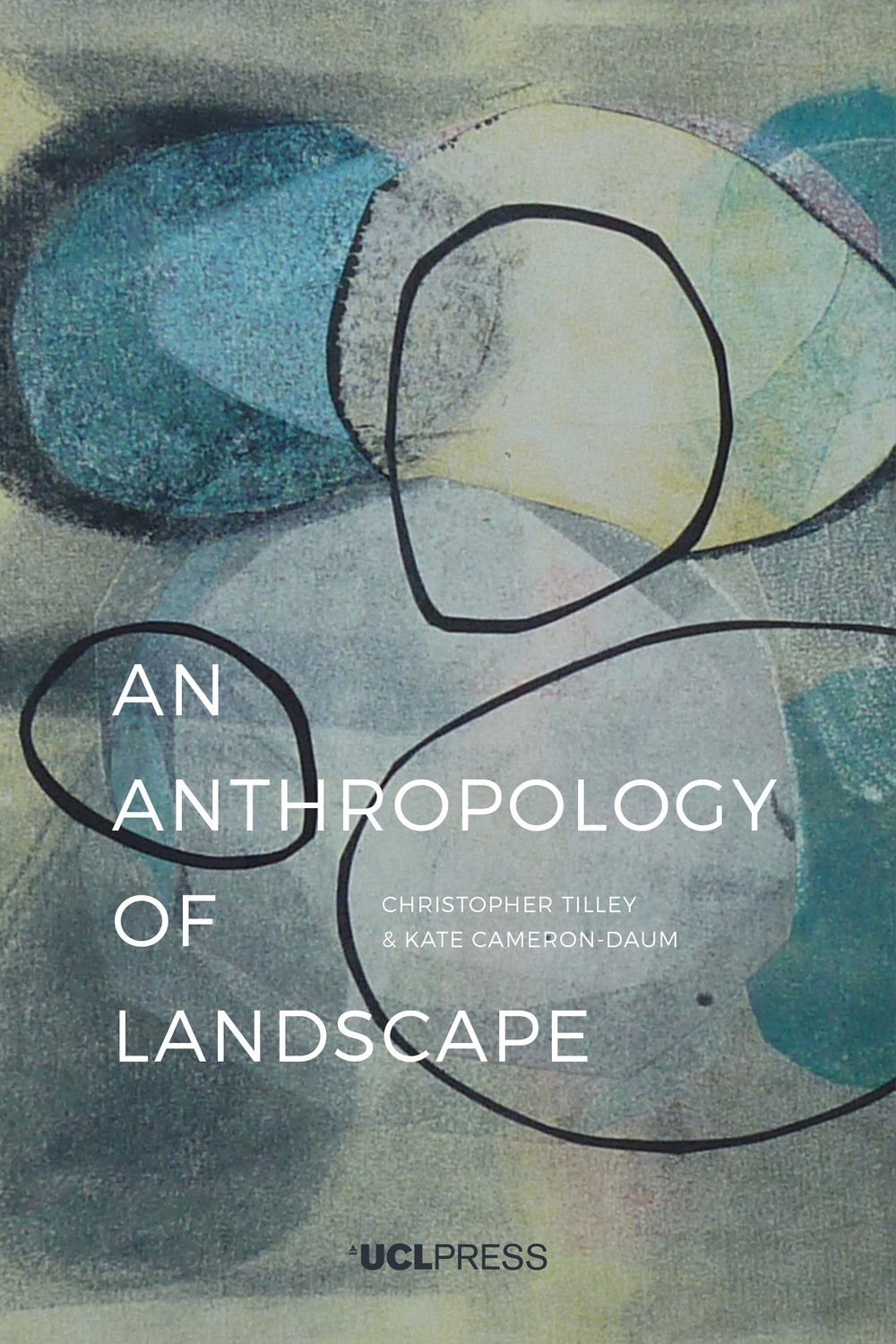Revolutionizing a World
From Small States to Universalism in the Pre-Islamic Near East
Mark Altaweel and Andrea Squitieri
This book investigates the long-term continuity of large-scale states and empires, and its effect on the Near East’s social fabric, including the fundamental changes that occurred to major social institutions. Its geographical coverage spans, from east to west, modern-day Libya and Egypt to Central Asia, and from north to south, Anatolia to southern Arabia, incorporating modern-day Oman and Yemen. Its temporal coverage spans from the late eighth century BCE to the seventh century CE during the rise of Islam and collapse of the Sasanian Empire.
The authors argue that the persistence of large states and empires starting in the eighth/seventh centuries BCE, which continued for many centuries, led to new socio-political structures and institutions emerging in the Near East. The primary processes that enabled this emergence were large-scale and long-distance movements, or population migrations. These patterns of social developments are analysed under different aspects: settlement patterns, urban structure, material culture, trade, governance, language spread and religion, all pointing at movement as the main catalyst for social change. This book’s argument is framed within a larger theoretical framework termed as ‘universalism’, a theory that explains many of the social transformations that happened to societies in the Near East, starting from the Neo-Assyrian period and continuing for centuries. Among other influences, the effects of these transformations are today manifested in modern languages, concepts of government, universal religions and monetized and globalized economies.
Mark Altaweel is a Reader in Near Eastern Archaeology at the UCL Institute of Archaeology having held previous appointments and joint appointments at the University of Chicago, University of Alaska, and Argonne National Laboratory. He has conducted fieldwork in various parts of the Middle East and North America, focusing on environmental and social-environmental interactions in modern and ancient societies. In addition to fieldwork, Dr Altaweel focuses on the use of quantitative and analytical methods to gain insight into water management and water use issues.
Andrea Squitieri studied Archaeology of the Ancient Near East at the University of Turin (BA 2006, MA 2008) and at University College London (PhD 2015). He participated in several excavations in Sardinia (Tharros), Syria (Tell Afis), Western Turkey (Tell Atchana), Turkmenistan (Nisa), and Iraqi Kurdistan (Dinka settlement). He also collaborates with several projects working in the Middle East for the study of stone vessels and tools. He has been since 2015 a post-doc researcher working in the Peshdar Plain Project, based at the Ludwig-Maximilian University of Munich, focusing on the study of the eastern border of the Neo-Assyrian Empire.
List of figures and tables
1. Introduction
2. Historical overview
3. Methods of analysis
4. Settlement patterns and spatial interaction
modelling
5. The changing nature of cities and other
settlements
6. Long-distance trade and economy before and
during the age of empires
7. Material culture hybridization
8. The development of universal governments
9. The spread of common languages
10. The rise of shared and universal religions
11. Characteristics of universalism
12. The impact of universalism
Appendix
References
Index
Format: Open Access PDF
336 Pages
ISBN: 9781911576631
Publication: February 26, 2018
Related products
A Contemporary Archaeology of London’s Mega Events
A Contemporary Archaeology of London’s Mega Events explores the traces of Lon...Conflict, Heritage and World-Making in the Chaco
Conflict, Heritage and World-Making in the Chaco documents and interprets the...








